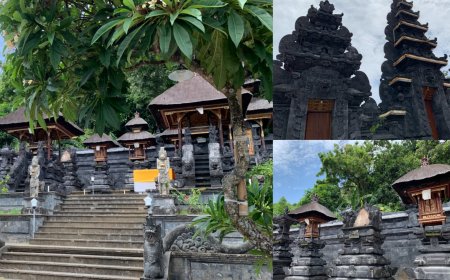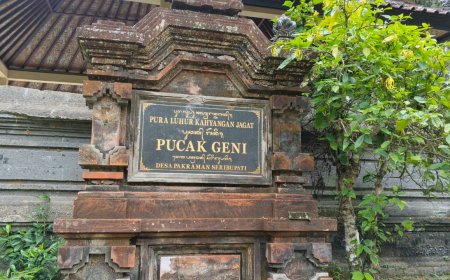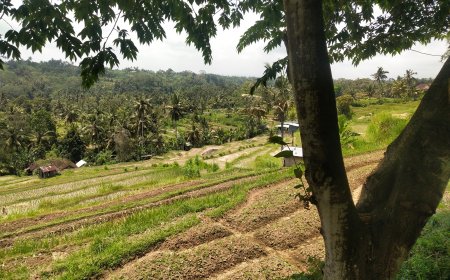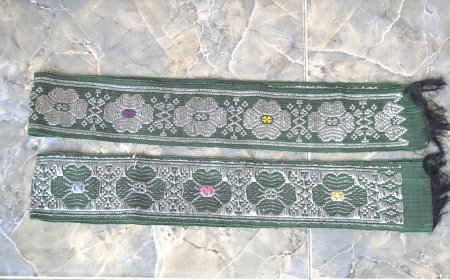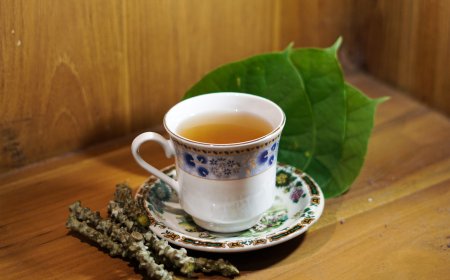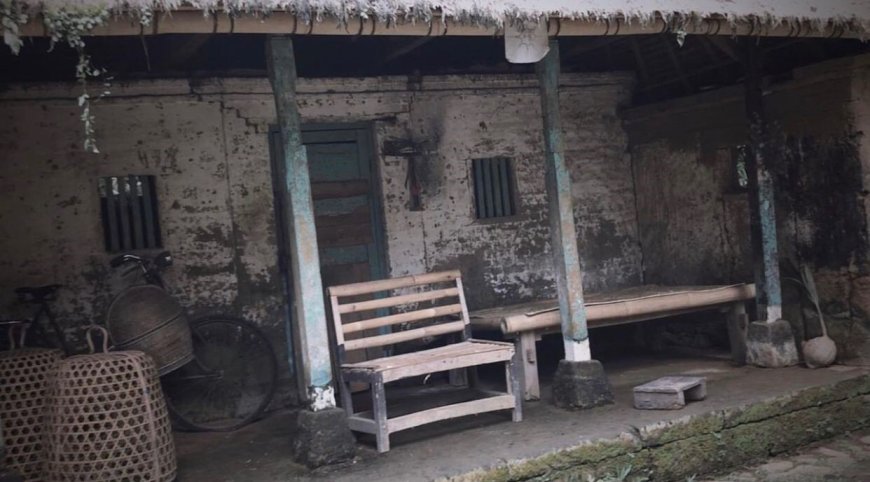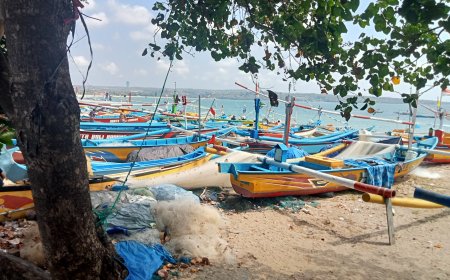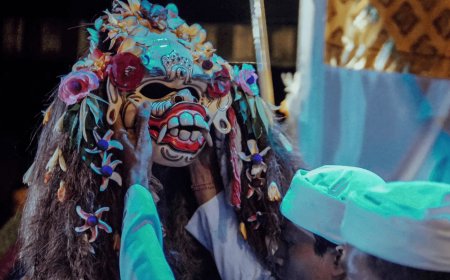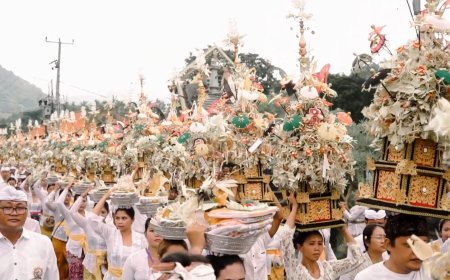Pondok Jaka: Exploring the Uniqueness and Local Wisdom of an Ancient Balinese House in Sangeh Village
Pondok Jaka stands as an ancient Balinese house that has stood firm for nearly two centuries. Beyond capturing the attention of visitors with its unique architecture and the ambiance reminiscent of old Bali, Pondok Jaka offers an unforgettable recreational experience. This article delves into the journey of Pondok Jaka, from its initial management to evolving into a prominent tourist attraction and favored documentation site in Bali
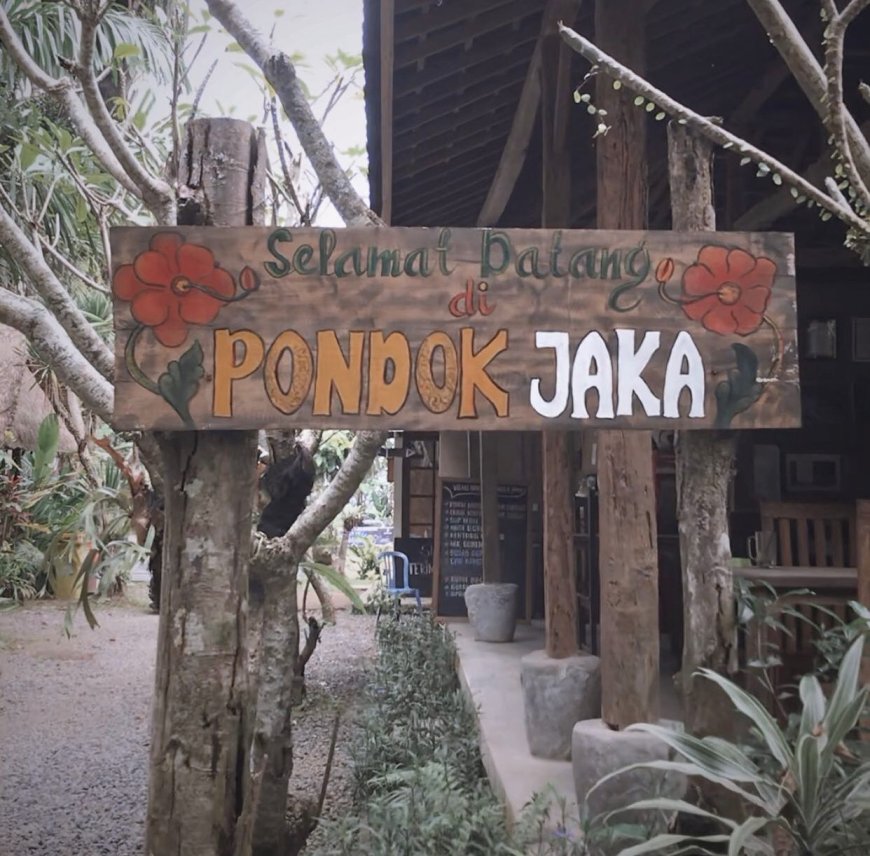
In the village of Sangeh, Abiansemal District, Badung Regency, Bali, the presence of an ancient Balinese house, nearly 200 years old, can still be found. This location is known as Pondok Jaka, an outbound tourism area developed by the Sangeh community group since 2015. The house, originating from one of Sangeh's families, has garnered attention since it has been jointly managed with the development of surrounding tourism.
The uniqueness of Pondok Jaka in Abiansemal is truly striking. The concept of the traditional house stands in stark contrast to the conventional homes of the Balinese people. With such allure, it is reasonable that its existence is captivating for tourists, who often spend their time exploring and capturing photos in this authentic setting.
Guided by a community group under the banner of Sangeh Traditional Activity (STA), Pondok Jaka initiated the arrangement and management of this traditional Balinese house since 2015. The house was once inhabited by two generations of Sangeh village residents, but with the passage of time, the family's descendants chose to reside outside the village. In 1992, the house was bequeathed to Nyoman Merta Rinawan, the last generation of that family, who then handed over its management to the STA group.
The naming of the house as Pondok Jaka Sangeh was not arbitrary. It was named so because the house is located not far from the Sangeh tourist forest. Encompassing an area of 75 acres, the house is surrounded by several palm trees known to the Balinese people as "pohon jaka," of various ages. Therefore, the local community agreed to refer to this house as Pondok Jaka.
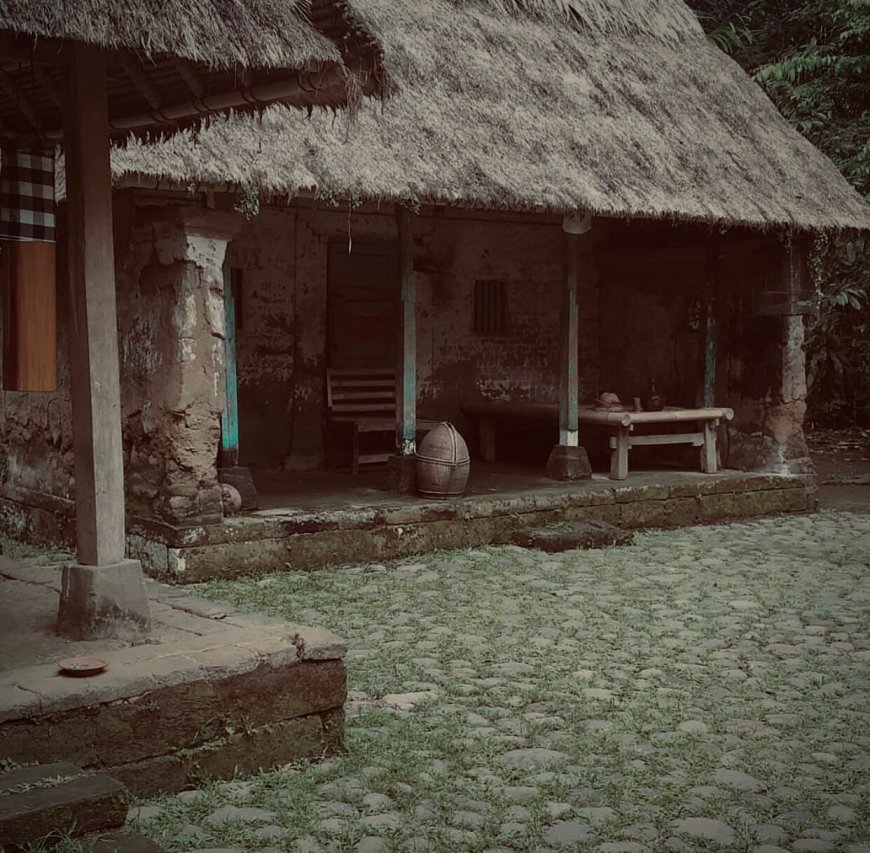
Ancient Balinese House (Sumber Photo : Writer Collection)



